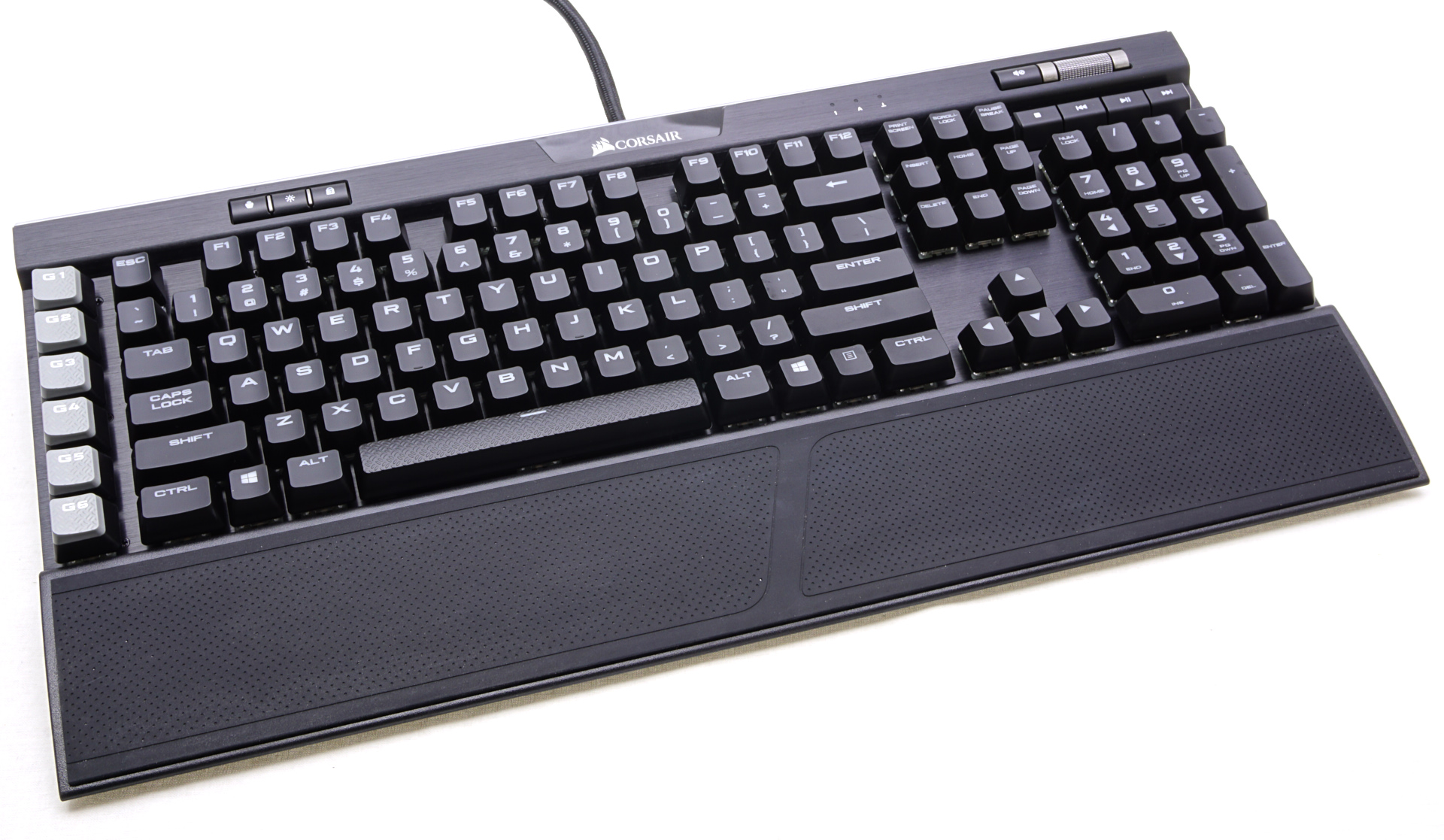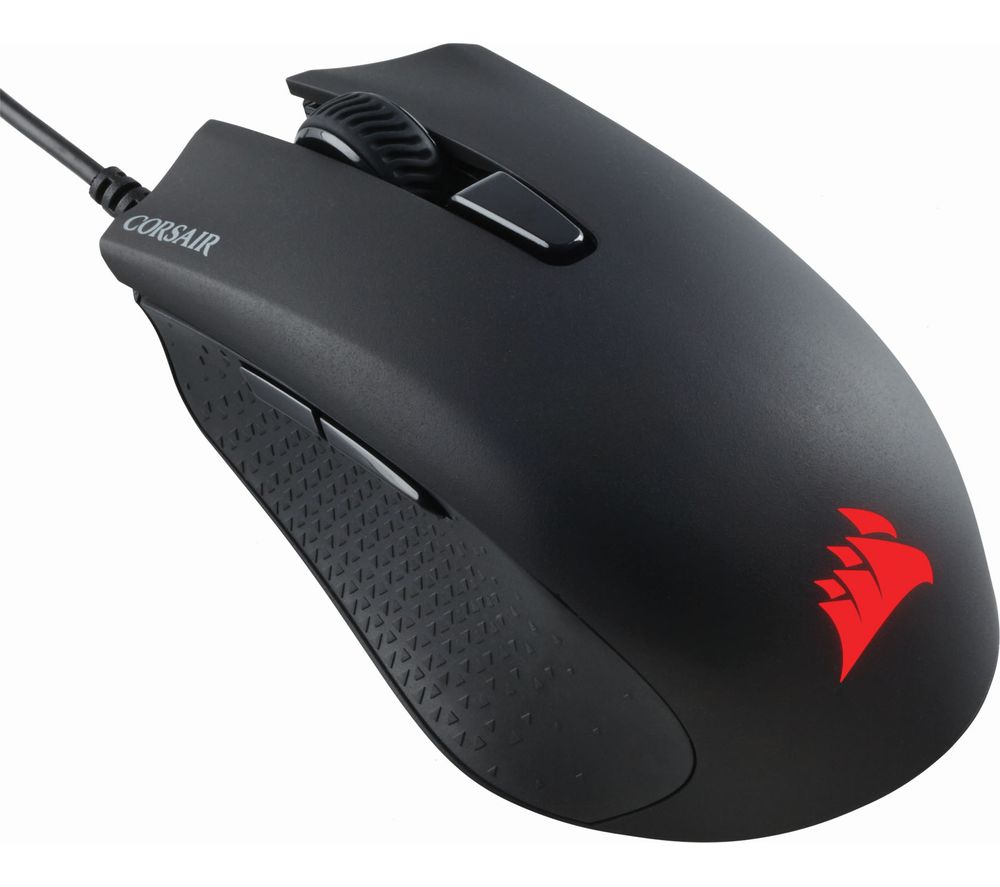Corsair Gaming Mouse Driver

This page contains information about installing the latest Corsair Vengeance M90 driver downloads using the Corsair Driver Update Tool. Corsair Vengeance M90 drivers are tiny programs that enable your Mouse hardware to communicate with your operating system software. The Corsair Harpoon RGB Gaming Mouse is a well-rounded budget mouse for gamers. It boasts accurate performance, a comfortable design, six programmable buttons, and excellent DPI settings that.
Ckb: RGB Driver for Linux and OS X This project is no longer maintained. I simply do not have the time to work on it anymore. Thanks to everyone who helped me to test and develop it.
An actively-developed version can be found here: Please check them out instead. Original readme ckb is an open-source driver for Corsair keyboards and mice. It aims to bring the features of their proprietary CUE software to the Linux and Mac operating systems.
This project is currently a work in progress, but it already supports much of the same functionality, including full RGB animations. More features are coming soon.
Testing and bug reports are appreciated! Disclaimer: ckb is not an official Corsair product. It is licensed under the GNU General Public License (version 2) in the hope that it will be useful, but with NO WARRANTY of any kind.
How to install fallout 4 codex. If you use and enjoy this project, I'd appreciate if you could spare a few dollars for a donation. This is completely voluntary - the project will remain free and open source regardless.:) I accept donations through PayPal: Or through Bitcoin: Contents • • • • • • • See also: • • (updated more frequently, but may be unstable) Device Support Keyboards: • K65 RGB • K70 • K70 RGB • K95* • K95 RGB • Strafe • Strafe RGB * = hardware playback not supported. Settings will be saved to software only. Mice: • M65 RGB • Sabre RGB • Scimitar RGB Linux Installation Pre-made packages: • Arch: • Gentoo: emerge -av app-misc/ckb These can be used to install ckb from your package manager.
Note that I do not personally maintain these packages. For other distros, or if you want to create your own package, see instructions below. Preparation: ckb requires Qt5, libudev, zlib, gcc, g++, and glibc.
/ Desk 2 Corsair HX 650 Case Desk 1 Cooler HAF XM? Memory Desk1 8GB (1866) / Desk2 16GB (1333) / Laptop 8Gb DDR3 Graphics Card Desk 1& 2NVidia GTX 650 & Laptops on board Intel Sound Card Desk 1 & 2 -XONAR DG Realtek High Def audio Laptop Monitor(s) Displays Desk 1 Benq HD 2450 / Desk2 Philips 24' / Laptop 17.5' Screen Resolution 1920x1080 D1 & D2 & Laptop 1. Toshiba laptop / Desk2 Coolermaster Cooling Fans on all Desk1 -2 Desk2 - all Coolermasters 5 Laptop? Realtek 8188ee driver windows 7. Keyboard Desk 1 MS Sidewinder X6 Desk 2 MS Sidewinder X 4 Mouse Desk 1&2 - Gigabyte MS 900 gamer - laptop - Logitec wireless PSU Desk 1 Corsair HX 1050/ Laptop?
• Ubuntu: sudo apt-get install build-essential libudev-dev qt5-default zlib1g-dev libappindicator-dev • Fedora: sudo dnf install zlib-devel qt5-qtbase-devel libgudev-devel libappindicator-devel systemd-devel gcc-c++ • Arch: sudo pacman -S base-devel qt5-base zlib • Other distros: Look for qt5 or libqt5*-devel Note: If you build your own kernels, ckb requires the uinput flag to be enabled. It is located in Device Drivers -> Input Device Support -> Miscellaneous devices -> User level driver support. If you don't know what this means, you can ignore this. Installing: You can download ckb using the 'Download zip' option on the right.
Extract it and open the ckb-master directory. The easiest way to install ckb is to double-click the quickinstall script and run it in a Terminal. It will attempt to build ckb and then ask if you'd like to install/run the application.
If the build doesn't succeed, or if you'd like to compile ckb manually, see for instructions. Upgrading: To install a new version of ckb, or to reinstall the same version, first delete the ckb-master directory and the zip file from your previous download. Then download the source code again and re-run quickinstall. The script will automatically replace the previous installation. You may need to reboot afterward.

Uninstalling: First, stop the ckb-daemon service and remove the service file. • If you have systemd (Ubuntu versions starting with 15.04): sudo systemctl stop ckb-daemon sudo rm -f /usr/lib/systemd/system/ckb-daemon.service • If you have Upstart (Ubuntu versions earlier than 15.04): sudo service ckb-daemon stop sudo rm -f /etc/init/ckb-daemon.conf • If you're not sure, re-run the quickinstall script and proceed to the service installation.